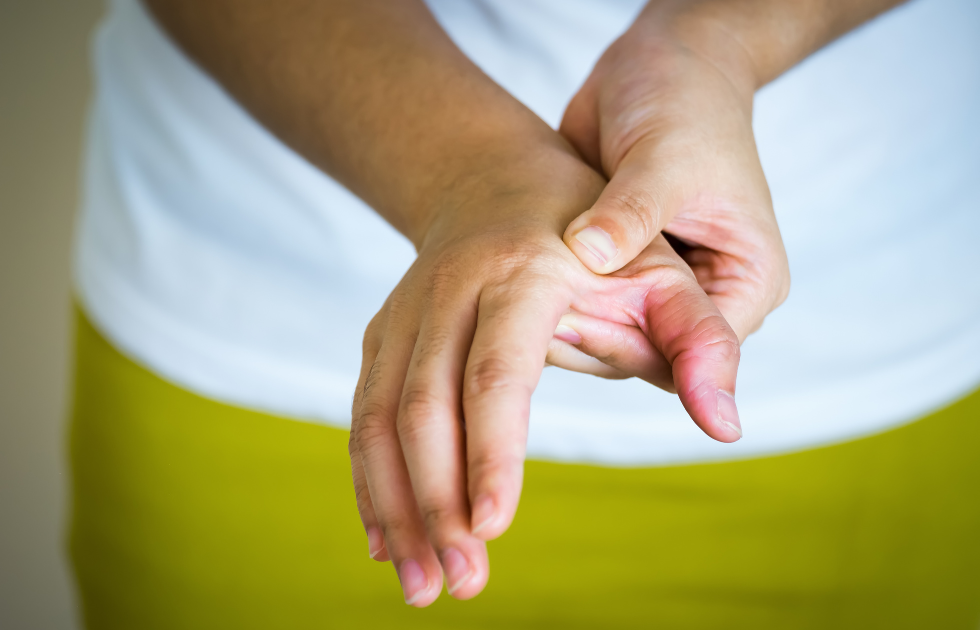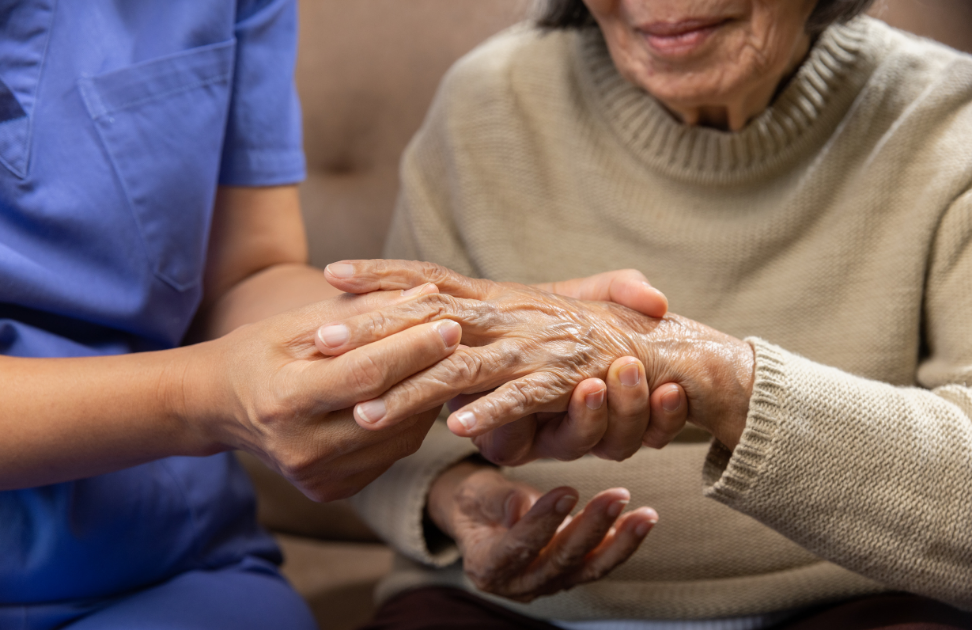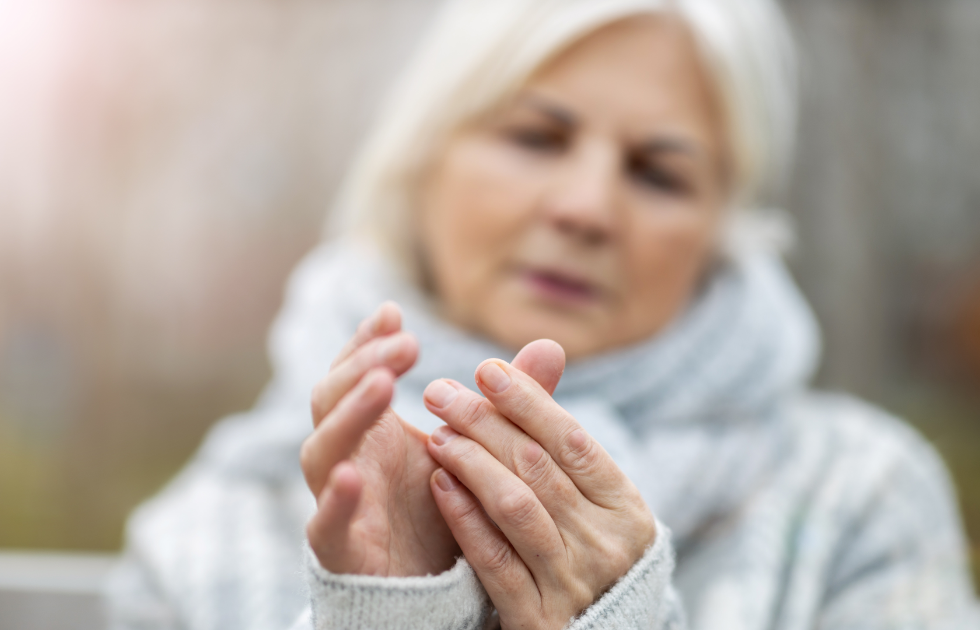‘Why do my joints ache more when it’s cold?’
If you’ve ever asked yourself this while reaching for a warm blanket or rubbing your knees on a chilly morning, you’re not alone.
Many people living with arthritis report that their symptoms worsen during colder months.
But is there science behind this, or is it just an old wives’ tale?
At Lifecare’s multidisciplinary clinics, which is home to physiotherapists, exercise physiologists, myotherapists, sport and exercise medicine physicians, and dietitians, we often hear this question.
But does cold weather make arthritis worse, or is it just an old wives’ tale?
Understanding arthritis and joint pain
Arthritis is an umbrella term for a group of conditions that cause joint pain.
This includes common forms such as osteoarthritis and rheumatoid arthritis.
Symptoms often include:
- Joint pain and stiffness
- Swelling
- Reduced range of motion
- Fatigue (especially in inflammatory types of arthritis)
These symptoms can fluctuate, and many people notice they feel worse in certain weather conditions, especially on cold, damp days.

What the research says: does cold weather make arthritis worse?
The short answer?
Yes, for some people, but not everyone.
Studies have shown that changes in barometric pressure, humidity, and temperature can influence joint pain¹.
For example:
- Lower barometric pressure (which often comes with cold, wet weather) may cause tissues to expand slightly, increasing pressure on joints.
- Cold temperatures can make muscles and ligaments stiffer, reducing joint mobility and increasing discomfort.
- Humidity and wind may also play a role, although the evidence is mixed.
A large UK study involving over 13,000 people found that joint pain increased on days with lower pressure and higher humidity¹.
However, not all studies agree, and some researchers believe the connection may be partly psychological or related to reduced activity levels in winter.
Whether it’s due to physical changes in the body or behavioural shifts, many people do feel that cold weather makes their arthritis worse, and the science suggests that, in certain conditions, this may be true.

Staying active: the best defence against cold-weather joint pain
Movement is medicine, especially for arthritis.
Here’s how to stay active and protect your joints during colder months:
1. Warm up indoors
Start with gentle stretches or light cardio before heading outside.
This helps loosen stiff joints and warms up your muscles.
2. Dress for the weather
Wear layers and keep joints warm with gloves, knee sleeves, or thermal wear.
3. Stay consistent with exercise
Regular movement improves joint function and reduces pain.
Our physiotherapists and exercise physiologists can tailor an exercise program to suit your condition and fitness level.
4. Try hydrotherapy
Hydrotherapy is a warm water exercise that is gentle on joints and can be especially soothing in winter.
If you’re wondering how to ease symptoms when cold weather makes arthritis worse, these steps can make a real difference.
How our team can help
At Lifecare, we take a holistic approach to managing arthritis and joint pain.
Our services include:
- Physiotherapy for pain relief, mobility, and strength
- Exercise physiology for safe, effective movement plans
- Myotherapy for muscle tension and soft tissue release
- Sport and exercise medicine for diagnosis and advanced treatment options
- Dietitian support to reduce inflammation through nutrition
We work together to help you move better, feel better, and live better, no matter the season.
If you find that cold weather worsens your arthritis, our team can provide targeted support to keep you comfortable and active.

When to seek help
If your joint pain becomes more intense, persistent, or starts interfering with daily life, it’s time to see a professional at Lifecare.
Signs to watch for include:
- Swelling or redness
- Difficulty bearing weight
- Pain that doesn’t improve with self-prescribed movement or over-the-counter medication
Early intervention can improve pain and your quality of life.
Final thoughts: does cold weather make arthritis worse?
So, does cold weather make arthritis worse?
For many people, yes, but it’s not inevitable.
Understanding how the cold may affect your joints can help you take proactive steps to manage your symptoms.
With the support of our multidisciplinary team at Lifecare, from physiotherapy to nutrition, you can stay active, reduce pain, and enjoy life all year round.
Samuel Corea is a Physiotherapist at Lifecare Croydon Sports Medicine. Sam’s qualifications of a Doctor of Physiotherapy and Bachelor of Science enable him to create tailored treatment plans which combine hands-on therapy, clinical exercise and education to get you back to normal function.
References
- Dixon, W.G., Beukenhorst, A.L., Yimer, B.B., Cook, L., Gasparrini, A., El-Hay, T., Hellman, B., James, B., Vicedo-Cabrera, A.M., Maclure, M. and Silva, R., 2019. How the weather affects the pain of citizen scientists using a smartphone app. NPJ Digital Medicine, 2(1), p.105.

